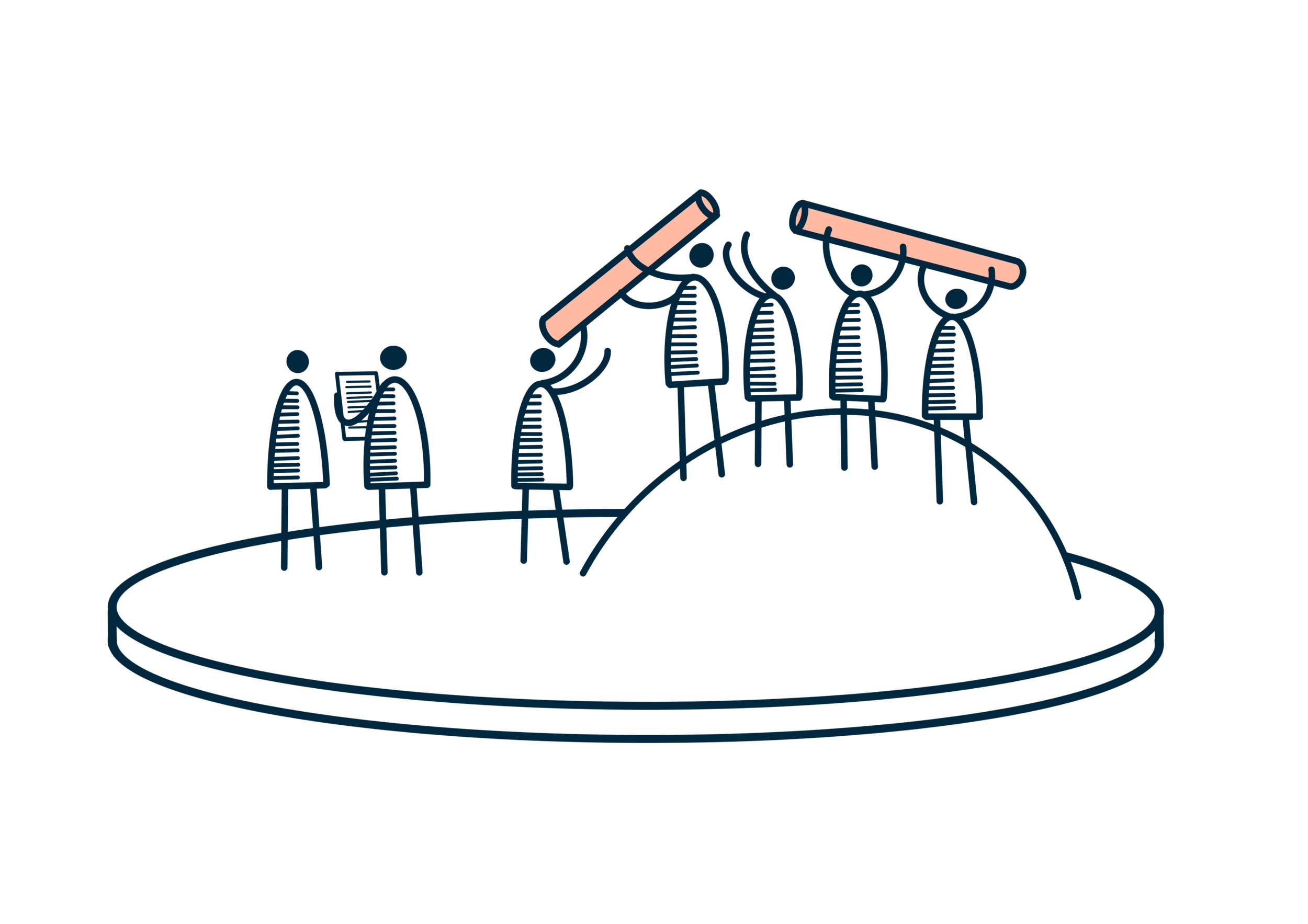
The people change experts.
Welcome to Kentish and Co, where behavioural change meets innovation and expertise. As specialists in driving transformation within the Facilities and Real Estate sectors, we empower organisations to build stronger, more proactive partnerships. Whether collaborating with service partners, client organisations, or both, we deliver the tools and strategies to implement impactful, lasting change.
Ready to take the next step in transforming your leadership, teams, or organisation? We’d love to grab a coffee with you! Whether you have a question, need more information about our services, or want to explore how we can work together, our team is here to help. Contact us today and let’s start a conversation about achieving your goals and unlocking new possibilities for your business.
Email: info@kentishandco.com








